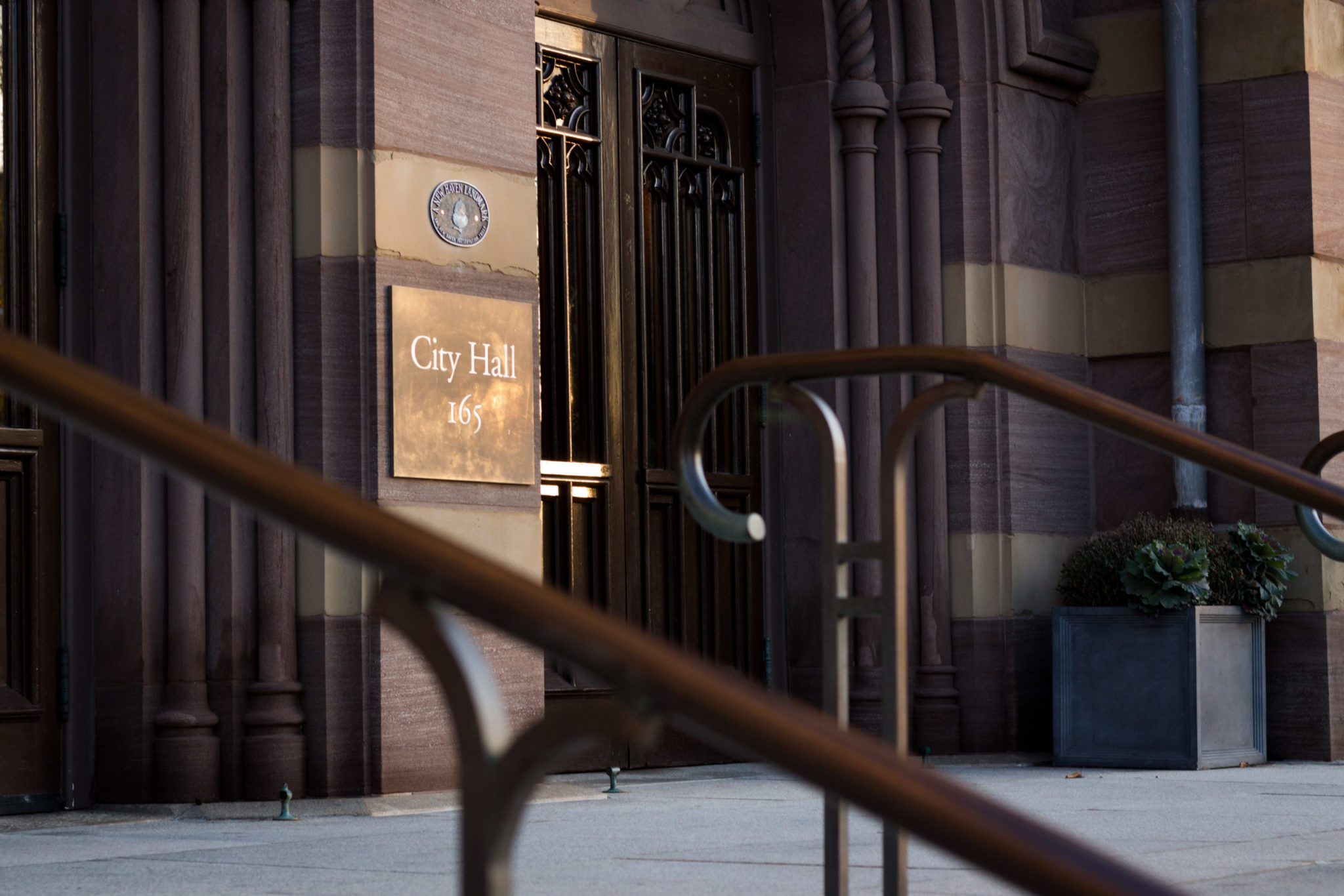
Daniel Zhao, Senior Photographer
Last Monday, New Haven’s Board of Alders unanimously approved $100,000 for a study on a non-police community crisis response team.
In August, Mayor Justin Elicker announced plans to create the crisis response team, which is a program that plans to redirect certain city 911 calls to social services instead of law enforcement. Carlos Sosa-Lombardo, the coordinator of Project Fresh Start — a New Haven-based prison reintegration program — told the News that he was pleased to see the Board of Alders unanimously approve this measure. Sosa-Lombardo said the decision was an important first step in the process of creating the team, and the city would now look for a qualified contractor to conduct the study.
“[We are looking for] a qualified service provider that can plan, pilot and implement the community crisis response team through many phases, leading up to 24/7 service provision across the city.” Sosa-Lombardo said.
The alders approved drawing the $100,000 from the Department of Recreation and Youth Services, Tax Assessor’s Office, Health Department and Department of Public Works. Each department will have $25,000 moved from into the crisis response team study.
Mehul Dalal MED ’09, director of the Community Service Administration, spoke to the Board of Alders Finance Committee on Zoom prior to the board’s vote. He stressed that the main goal of this crisis response team would be to provide a more holistic approach to 911 calls, allowing a qualified social worker or mental health professional to handle some noncriminal cases. Another aim is to avoid consuming unnecessary resources from Emergency Medical Services and the New Haven Police Department.
“We know that the current first response system is not really optimized to deal with mental health crises and chronic homelessness and substance abuse disorders,” Dalal said to the committee. “It’s almost every week that you hear something in the national news about a response that was initiated by law enforcement that either went wrong or could have been handled by a clinical professional in a different way.”
According to Dalal, the study will evaluate the efficacy and operations of crisis response teams that have already been implemented in other cities. From there, the study’s proposal will be adapted to reflect the particular needs of New Haven. The study is also intended to secure funding for the community crisis response team.
Sosa-Lombardo told the News that ideally there would be a request for a proposal to find a qualified contractor within three to four months. This would be followed by a six-month planning period and, afterward, implementation of the team. He also said there would be opportunity for community input during the planning process.
“Our hope is that the first community crisis response team hits the streets between September 2021 and January 2022,” Sosa-Lombardo told the News.
Leonard Jahad, executive director for the Connecticut Violence Intervention Program, told the News that he supported the move by the Board of Alders. Jahad said that police are currently responding to calls for a variety of situations, both violent and nonviolent. Many times, according to Jahad, police resources were stretched too thin. Creating a crisis response team would both benefit the community and allow officers to respond to the emergency situations for which they are best equipped.
Jahad also emphasized that the study needed to find a way for the community crisis response team to foster relationships in the community, especially in its initial stages — otherwise, the team would not be effective.
“[The crisis response team] will have to do a lot of work in building relationships and building community trust,” Jahad said.
The next Board of Alders meeting is on Oct. 19.
Alvaro Perpuly | alvaro.perpuly@yale.edu







